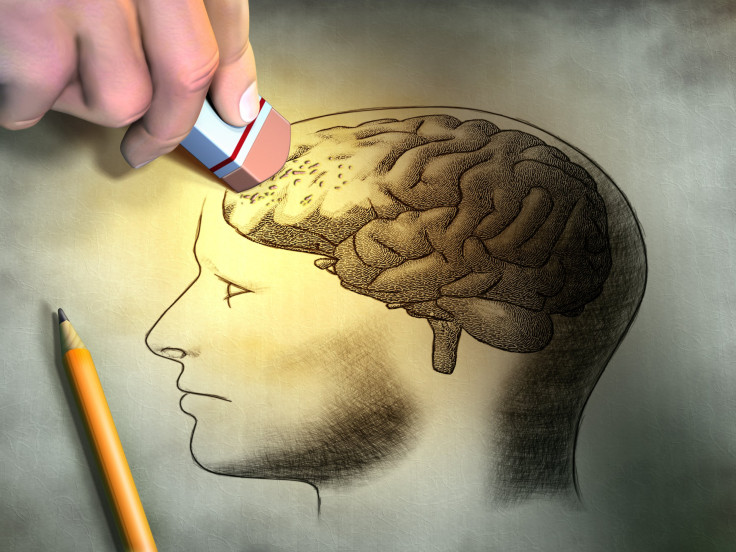Alzheimer's Diagnostic Test Developed By 15-Year-Old Brit May Both Diagnose And Prevent The Disease

A British school boy — who happens to be only 15 years old — has developed a new test with the potential to diagnose Alzheimer’s disease 10 years before the first symptoms appear. It may be able to halt the disease altogether.
Krtin Nithiyanandam, who hails from Epsom, Surrey, came up with his creation for the Google Science Fair, and has made it through to the final week. He'll find out next month whether he has won the grand prize, a prestigious scholarship and the opportunity to take his idea further.
The test consists of an antibody that can penetrate the brain and attach to neurotoxic proteins that appear during the first stages of the disease. The “Trojan horse” antibodies also attach to fluorescent particles that can be observed through a brain scan.
“The main benefits of my test are that it could be used to diagnose Alzheimer’s disease before symptoms start to show by focusing on pathophysiological changes, some of which can occur a decade before symptoms are prevalent,” Krtin told The Daily Telegraph. "This early diagnosis could help families prepare for the future and ensure that existing drugs are used to better effect."
Normally, neurodegenerative diseases like dementia are so difficult to diagnose and treat because of the blood-brain barrier, a highly exclusive permeability barrier that separates circulating blood from the brain. The barrier is highly selective, often only allowing water, some gases, and the specific molecules crucial to neural function to pass through. According to research, The blood-brain barrier blocks the entry of 100 percent of large-molecule neurotheraputics and 98 percent of all small-molecule drugs. Krtin’s antibodies, however, can pass through the barrier, allowing them to be much more useful than any previous attempts at early diagnosis of Alzheimer’s.
“Some of my new preliminary research has suggested that my diagnostic probe could simultaneously have therapeutic potential as well as diagnostic,” said Krtin, who attends Sutton Grammar School.
Lab tests showed that the antibodies had the capability to “handcuff” toxic proteins and stop them from developing further. This could potentially stop Alzheimer’s altogether.
Worldwide, almost 44 million people have Alzheimer’s or a related dementia. In the UK, 850,000 suffer from dementia, and the disease kills at least 60,000 people per year. In the U.S., Alzheimer’s is the only disease in the top 10 causes of death that cannot currently be prevented, cured, or even slowed.
"I chose Alzheimer’s disease because I am fascinated by neuroscience and the workings of the brain,” Krtin said. “I learned about its cruel and devastating effects and how it interferes with everyday life, and nobody should have to live with this debilitating disease."
Krtin suffered from auditory problems as a child, and hopes to study medicine when he leaves school.
“We want to support and foster the next generation of scientists and engineers,” Andrea Cohan, Google Science Fair’s Marketing Lead, told The Daily Telegraph. “The UK has once again proven itself as a hotbed of science creation.” Cohan said that young people often possess the creative ability to solve some of the world’s biggest challenges.
Krtin, who moved to the UK from India with his family as an infant, told The Daily Telegraph that winning the science fair would be “life changing.”
“It would be more than a dream come true, and it would also encourage me to pursue my interests in science, and hopefully one day, to change the world.”



























